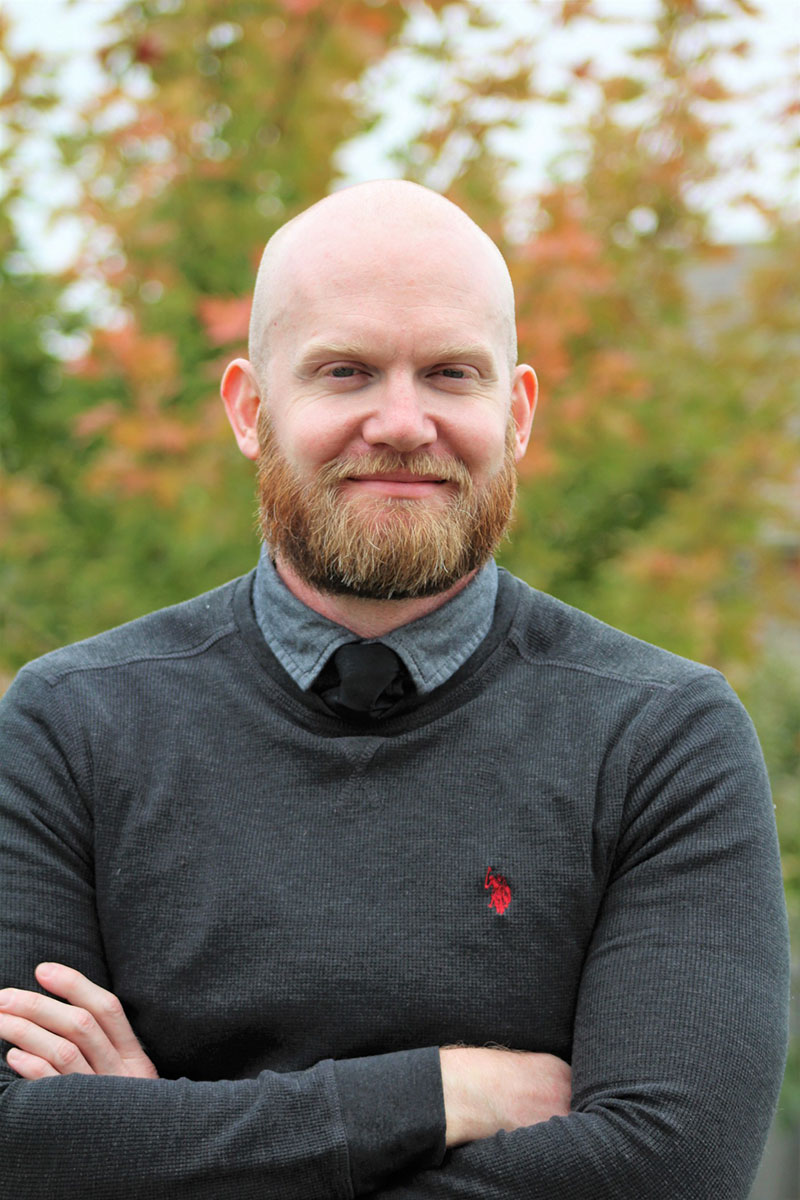About Us
Over the last several centuries, scientific, technological, medical, and social advances have made people’s lives easier, safer, and freer. Yet, there are a number of trends that tell a story of growing cynicism, distrust, disconnection, anxiety, and hopelessness among Americans, perhaps especially among young adults. This juxtaposition of progress and pessimism suggests that despite the many advantages we enjoy today, many Americans believe we are a society and world in decline. People are losing faith in their nation and each other, and are increasingly mentally distressed. These views could prove prophetic to the extent they encourage individuals to retreat from the shared institutions, beliefs, and goals that have contributed to human progress and flourishing.
To meet this unprecedented challenge, we must broaden our perspective and think holistically about what it means to truly flourish. A focus on economics and material well-being, while crucially important, is nevertheless an incomplete framework for diagnosing and treating the most urgent problems we now face.
At the Archbridge Institute, we believe better understanding human flourishing is one of the most important endeavors of our times and could reduce polarization, promote community engagement, increase social mobility, inspire a new era of dynamism, and help people discover their talents and reach their full potential, as well as push back against the nihilistic, divisive, and anti-freedom cultural movements that undermine flourishing.
Our approach to human flourishing is based on a fundamental belief in human potential and agency. It is progress oriented, optimistic, has freedom and personal responsibility at its core, and doesn’t shy away from the toughest challenges of our time or the big questions inherent to the human condition.
The Human Flourishing Lab is dedicated to the study and promotion of human flourishing, as well as exploring the connection between human flourishing, civilizational progress, and freedom. We conduct original research, identify and highlight existing knowledge, and provide resources for researchers, the media, and the general public.
The lab is led by psychologist Clay Routledge.

Dr. Clay Routledge is the Vice President of Research and Director of the Human Flourishing Lab at the Archbridge Institute. He is also co-editor of Profectus, an online magazine dedicated to human progress and flourishing. As a leading expert in existential psychology, Clay’s work focuses on helping people reach their full potential and build meaningful lives.
Clay is a highly cited researcher who has published more than 100 scholarly papers, co-edited three academic books, authored three books, and received numerous awards for his research and mentorship. As a public intellectual, Clay has authored dozens of articles for popular outlets including The Wall Street Journal, The New York Times, USA Today, Newsweek, Fortune, The Hill, and Harvard Business Review.
His work has been covered by The New York Times, The Washington Post, The Wall Street Journal, The Guardian, CBS News, ABC News, BBC News, CNN, The Atlantic, The New Yorker, Vox, National Geographic, HGTV, Men’s Health, Wired, Forbes, Oprah Daily, Shondaland, Discover Magazine, Reason Magazine, and many others. He has appeared on numerous television and radio programs and podcasts such as NBC Today, Hidden Brain, Science Friday, Cheddar News, and NPR Morning Edition. He has also appeared in a number of documentary programs including The Overview from NBC Peacock, The Benefits of Being Nostalgic from BBC Reel, Cursed Films from Shudder, and The Well from Big Think.
He is the author of the book, Past Forward: How Nostalgia Can Help You Live a More Meaningful Life (2023), and he wrote the TED-Ed documentary short film, Why do We Feel Nostalgia?
What Human Progress Thoughts Leaders Are Saying About Us
Psychology of Progress has arrived at a critical time for the nation and world. Pessimism threatens to derail the advances that have saved billions of lives and turn us against one another. Dr. Routledge and his team use the highest standards of research and communication to refocus us on the miraculous progress we have made as well as that yet to come. They are building a happier and more hopeful society.
—Arthur C. Brooks, Professor, Harvard Kennedy School and Harvard Business School, and New York Times bestselling author
An awareness of progress is not a matter of “optimism”: of seeing the glass as half full through rose-tinted glasses. It’s a matter of knowing some of the most important facts in human history, and of being committed to improving the world through understanding it. Exploring the nature of progress and people’s grasp of it is necessary to ensure that progress will continue, and The Psychology of Progress Project is ideally situated to achieve those goals.
—Steven Pinker, Professor of Psychology at Harvard University and New York Times bestselling author
I spent the last decade collecting data about human progress and giving talks on the improving state of the world. When presented with facts showing humanity’s progress over the last few hundred years, some people appear delighted. Others seem incredulous. I have even encountered people who seemed genuinely angered by what they saw and heard. As far as I can tell, the more ideologically committed people are to a set of apocalyptic beliefs, the less likely are they to accept the empirical evidence and change their outlook on the world. That’s where a statistician’s toil ends, and a psychologist’s work begins. Why do people believe ideas unsupported by facts? What utility do they derive from embracing doom and gloom? I can’t think of anyone better suited to answer those questions than Professor Routledge and his team.
—Marian Tupy, editor of HumanProgress.org and Senior Fellow at the Cato Institute

A project of the Archbridge Institute
The Archbridge Institute is a non-partisan, independent, 501(c)(3) public policy think tank. Our mission is to lift barriers to human flourishing.
Sign Up For Our Newsletter
Contact
Archbridge Institute
1633 Connecticut Ave. NW, Suite 300,
Washington, DC 20009

